The water industry is a dirty business – it’s time it cleaned up its act
Did you know the UK’s 9,000 water treatment centres are free to dump sewage at will into our rivers? The true scale of the leaks, however, is even murkier than you might think, writes Sean Smith


After a bout of heavy rain, take a stroll on a riverbank and a glance at the surging water but don’t stray too close to the edge because there’s a good chance you’re standing beside an open sewer. Untreated waste gives rivers a telltale greyish hue but typically the presence of toilet paper, condoms, sanitary pads, human “solids” and a manmade mound of wet wipes provides more tangible evidence that raw sewage has just been discharged.
When its water treatment centres are inundated by “exceptional” rainfall, the water industry is legally permitted to relieve pressure by pumping untreated waste directly into rivers through its 21,000 sewage overflow outlets.
In theory, if the spills are rare and occur during periods of high waterflow the sewage is diluted and the swollen rivers flush themselves clean. But in practice – because there is no fixed definition of “exceptional” rainfall – the UK’s 9,000 water treatment centres are free to dump sewage at will because cuts to government agencies mean that river water quality is no longer properly monitored.
According to the Environment Agency – the industry’s beleaguered regulator – the nine privatised water companies spent 3.1 million hours pumping billions of litres of untreated sewage through this enormous loophole on more than 400,000 separate occasions in 2020.
But even these figures are thought to grossly underestimate the scale of the problem because they’re based on data provided by the water companies themselves. Since 2010, water companies have been trusted to police themselves and self-report sewage discharges to the Environment Agency.
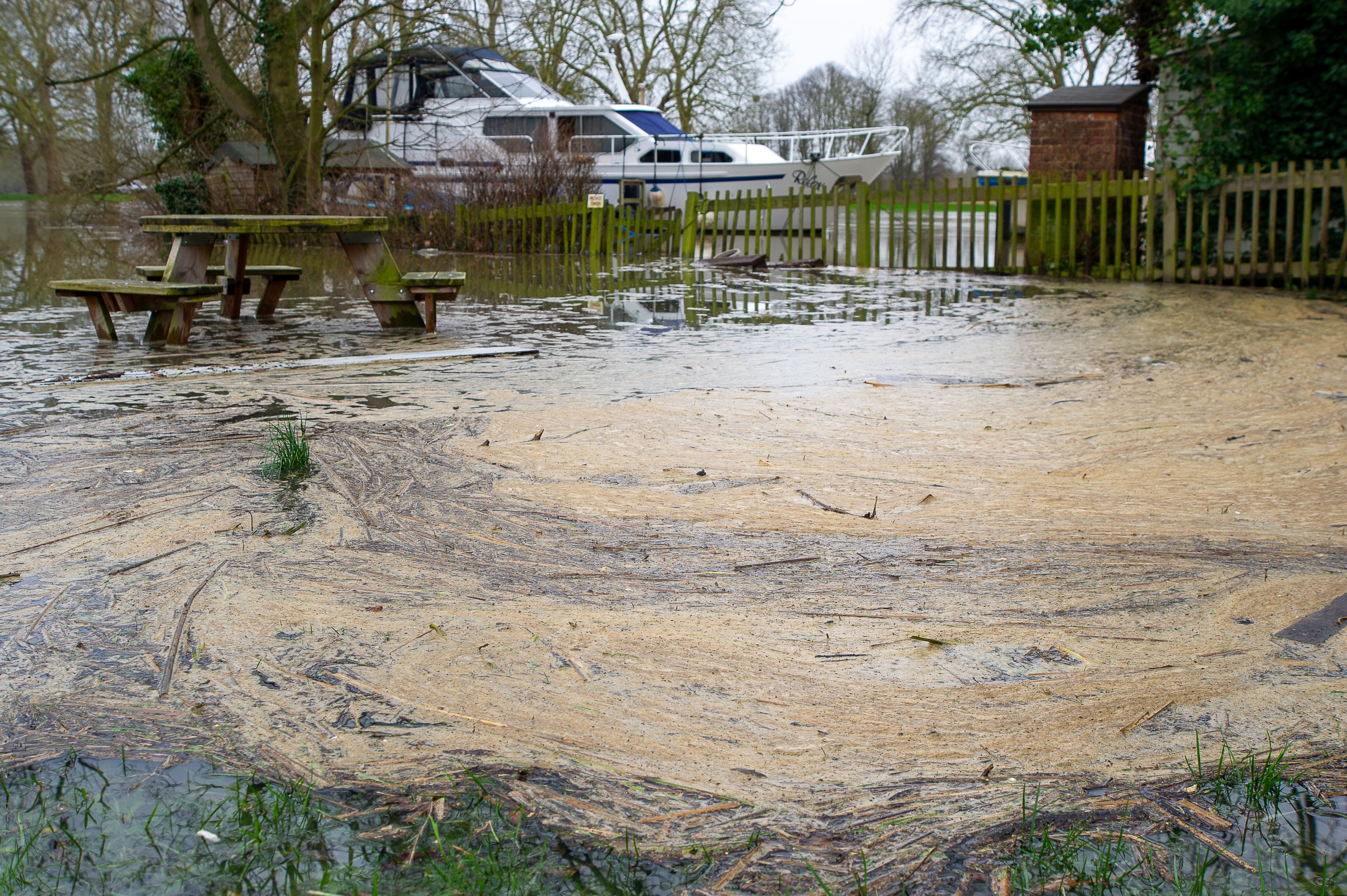
The extent to which self-reporting is no longer fit for purpose became apparent on 9 July when the Environment Agency managed to bring a successful criminal prosecution against Southern Water for 6,971 illegal discharges lasting a total of 61,704 hours between 2010 and 2015. The court was told Southern Water deliberately presented a misleading picture of compliance to the Environment Agency, hindering proper regulation of the company.
All the fine words in annual reports about protecting the environment were just a pack of lies to hide a dirty business model
Southern Water serves Hampshire, Sussex and Kent and has a persistent record of pollution offences dating back over two decades. Its 4.6 million customers have been reassured that they will not foot the bill for the latest £90m fine imposed on the water company.
Environmentalists fear that water companies will continue to treat such fines as occasional operating costs because it’s cheaper than paying for the infrastructure upgrades that would reduce the need to spill sewage.
As professor of physical geography at the University of Manchester, Jamie Woodward has led pioneering research that proves river and seabeds are polluted with high levels of microplastics because untreated sewage is routinely released into UK river flows that are too low for its dispersal. Treatment centres are routinely dumping sewage when rainfall is far from “exceptional”.

He explains that treating sewage is an expensive process and water companies have learned that they can make millions by simply not doing the job they’re paid to do: “The disposal of untreated sewage into our rivers and coastal zones still happens far too frequently. In the case of Southern Water, it was a deliberate year-on-year strategy to evade treatment costs and maximise profits. All the fine words in annual reports about protecting the environment were just a pack of lies to hide a dirty business model. Southern Water has betrayed the trust of its customers. The oyster beds off the Kent coast would have been flooded with a dangerous cocktail of pathogens and microplastics as raw sewage spewed into the sea. We have no idea how many people became ill because of this practice.”
Woodward regards the Cameron administration’s 2010 decision to allow the water companies to self-report spills as the start of “a lost decade” in the battle against water pollution: “With hindsight the decision to allow water companies to self-report has been a catastrophic decision. It means there’s no way of knowing if Southern Water is an outlier or just an example of even more widespread malpractice.”
He puts me in touch with Peter Hammond, a colleague who is attempting to use “big data” to establish the true scale of unreported sewage spills across the UK.
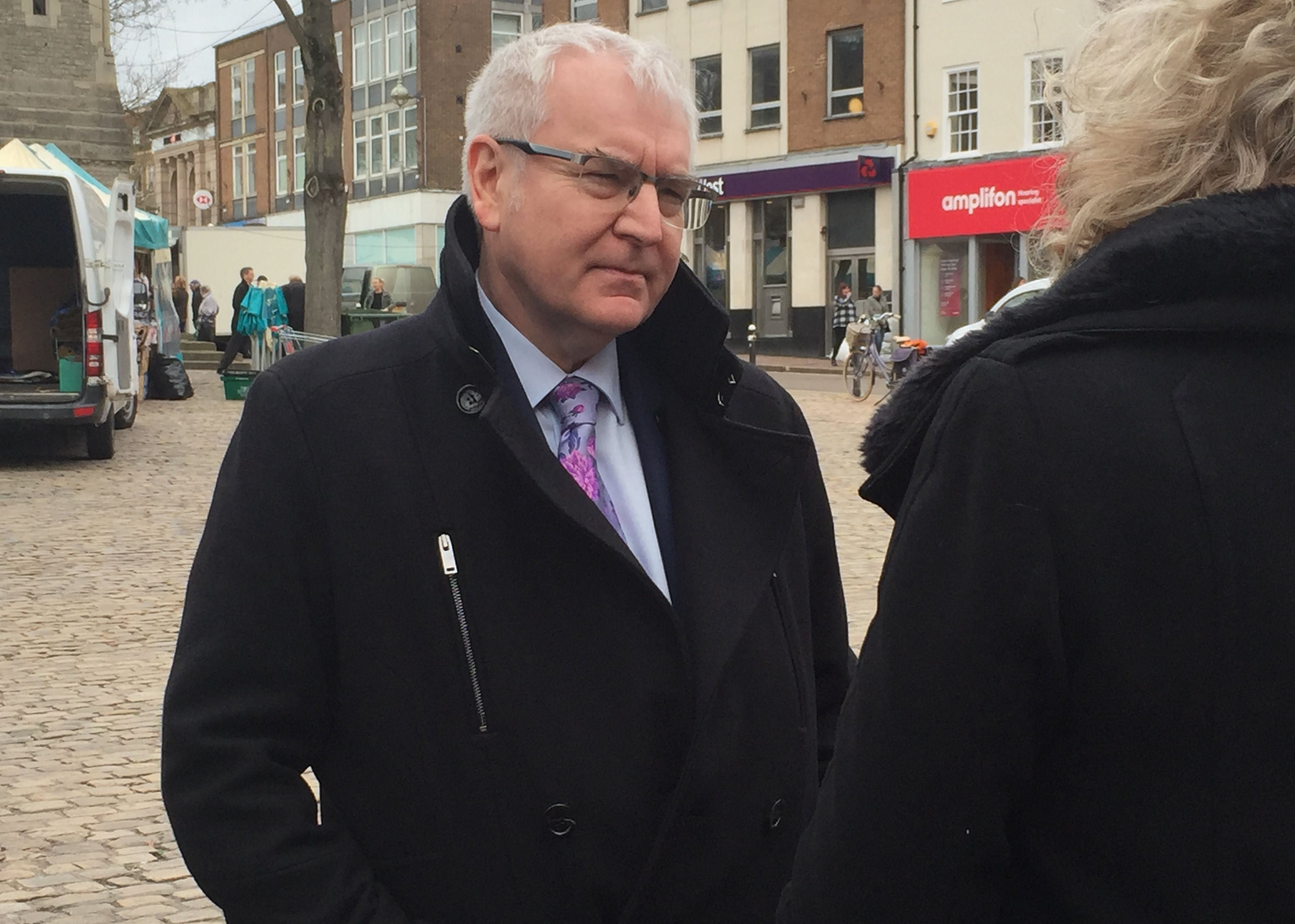
Hammond has retired from his role as professor of computational biology at University College London, and has lived in a converted mill on the River Windrush in Oxfordshire since 2002. His garden is a natural island – an idyllic promontory from where he has witnessed the alarming decline in water standards at first hand.
Hammond began to notice the river’s deterioration in 2010 – the year when water companies were first authorised to self-report their own sewage spills.
“The garden was an island with fantastic biodiversity, otters, lizards and water snakes but I started to notice the disappearance of waterweed. Swans disappeared then ducks. The water became turbid and murky and weeds became coated in a furry substance.”
Riverweed death and algal growth has hollowed out the lower rungs of the food chain on the River Windrush with disastrous consequences for the declining populations of fish, water voles, waterfowl and otters.

When Hammond began to investigate the causes of the decline, he was shocked to learn that local water treatment works could legally release sewage directly into rivers whenever wet weather meant that they were dealing with higher volumes of water than usual.
Hammond explains that the 9,000 water treatment centres in the UK are issued with a permit from the EA specifying how much sewage they must treat before they can legally dump untreated sewage. Even during periods of heavy rainfall, treatment centres must meet this minimum threshold before they can legally spill.
Working in conjunction with Wasp (Windrush Against Sewage Pollution) Hammond used his skills as a data analyst to attempt to gauge the scale of the spills. By doggedly pursuing water companies with freedom of information requests on the time and duration of their spills, he has been able to establish that many water treatment centres are routinely in breach of their permits because they are dumping sewage long before they’ve reached those minimum treatment threshold levels.
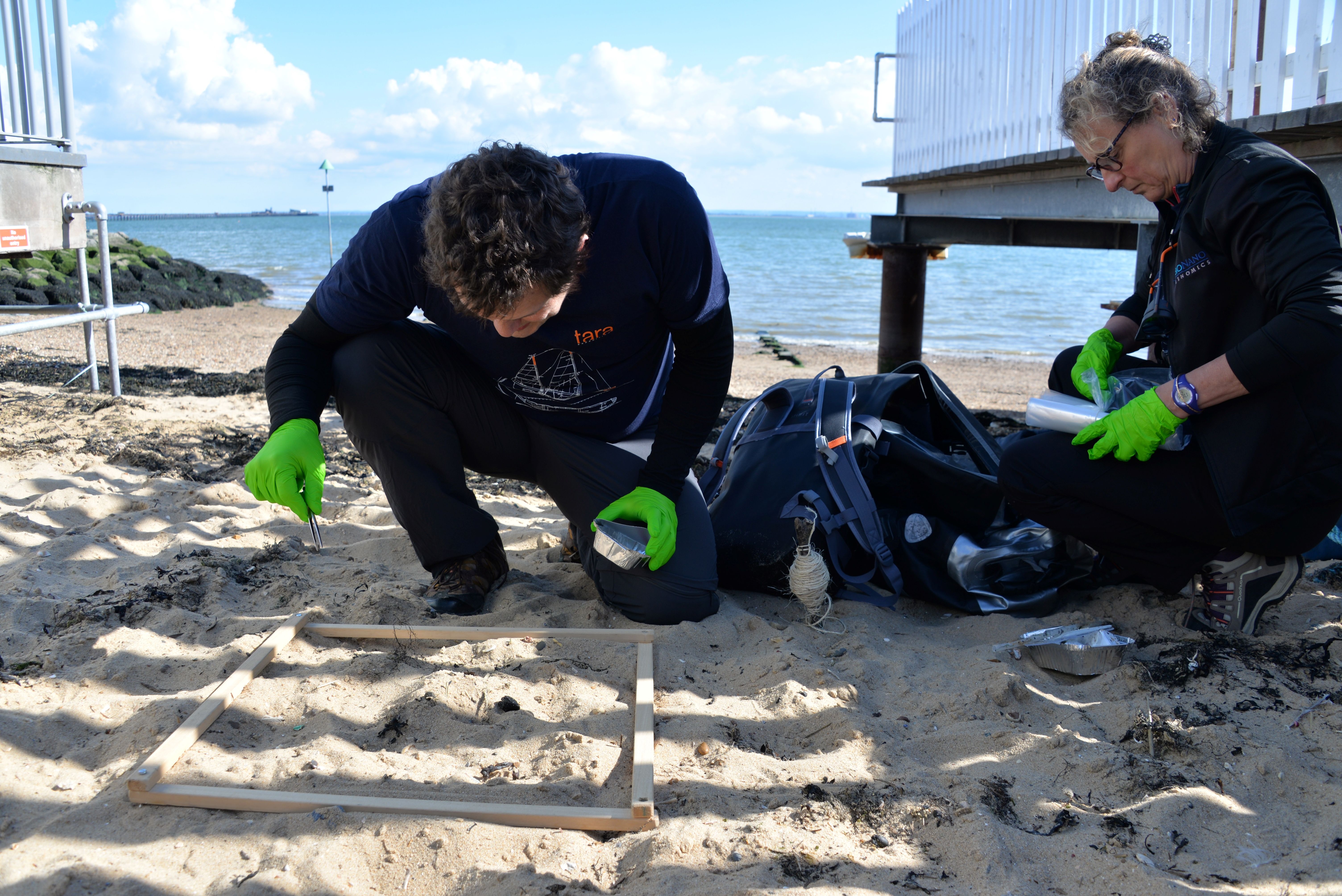
He has identified water treatment centres that routinely dump sewage illegally over weeks and even months. Hammond’s ability to make sense of a mass of data in in stark contrast to the Environment Agency.
“The Environment Agency have made many mistakes in their permits and request the wrong information. They just ask for summary data. I have 96 pieces of data for every piece of information they request.”
He is scathing of the EA’s over-reliance on the self-reporting mechanism: “It’s like saying to drivers we’re not going to monitor your speed but do try to keep within the speed limit. Water companies take advantage of the agency.”
Limited resources also means that the Environment Agency no longer measure levels of faecal bacteria or the E coli and enterococci, the microbes that make river users ill.
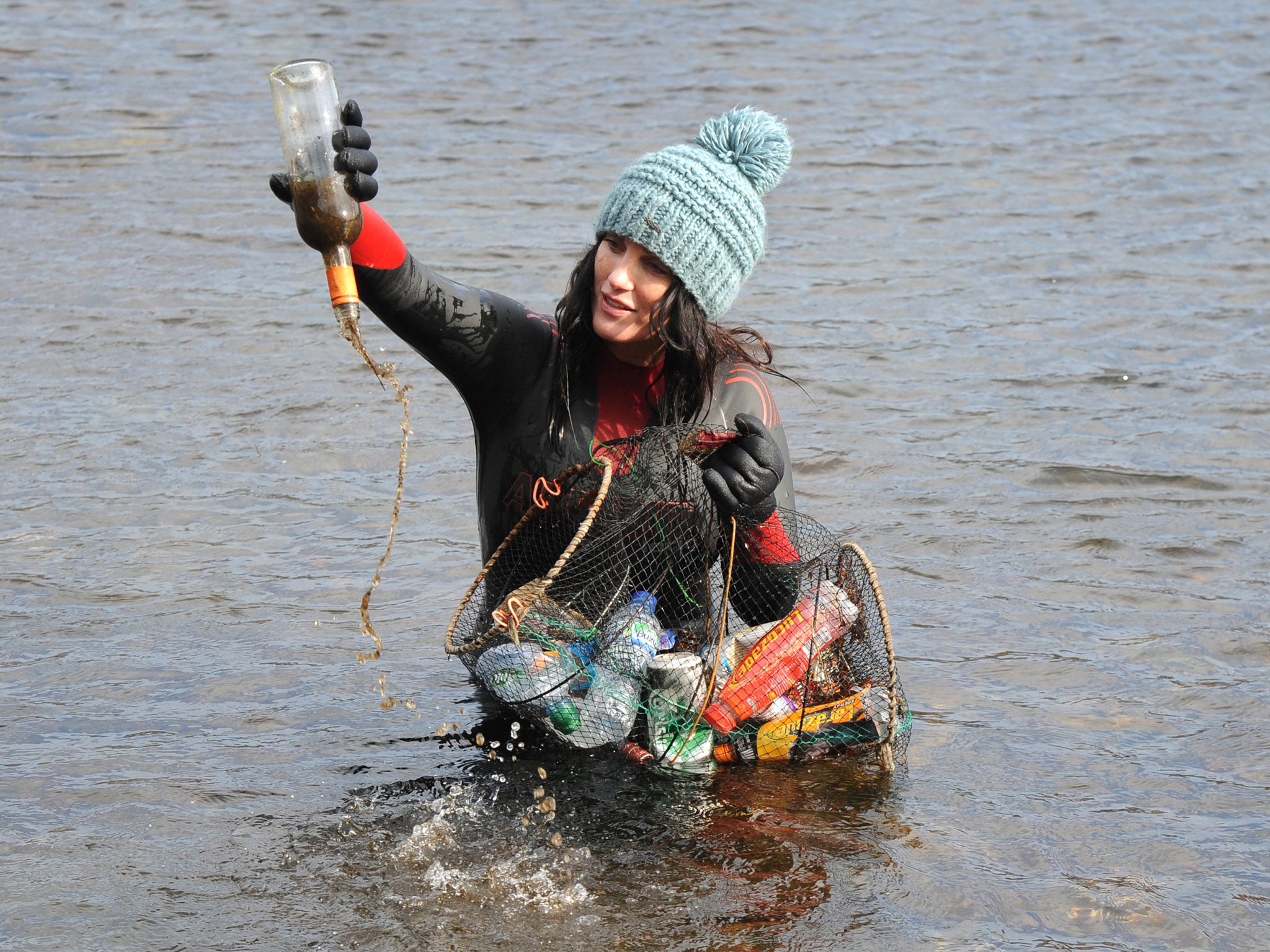
Despite water company attempts to delay his freedom of information requests, Hammond has succeeded in putting together a big picture of system-wide sewage spills. Hammond recently told a parliamentary committee into river quality standards that he estimated the water industry was underreporting permit breaching spills by a factor often.
Televised parliamentary committee sessions don’t tend to make for compelling viewing but it’s worth seeking out footage of Professor Hammond’s jaw-dropping testimony to the Inquiry for Water Quality in Rivers in April when he described the behaviour of the enormous Mogden Sewage Treatment Works near Twickenham.
In a climate where privatised water companies answer only to their shareholders, they’re unlikely to clean up their act until polluting becomes an itemised operating cost
“Five years ago they spilled 0.5 billion litres of untreated sewage. That has steadily increased over the last five years, and last year it was 3.5 billion litres. On each of two days in October last year they spilled 1 billion litres-plus, which is the equivalent of 400 Olympic-sized swimming pools of sewage each day. That is 16 Olympic swimming pools an hour for two days. That really is unacceptable.”
The privatised water industry has paid out £57bn in dividends to its shareholders since 1991 while failing to overhaul its antiquated infrastructure and has always been criticised from the left. But Professor Woodward senses a turning point for the water industry because now the momentum for change is coming from across the political spectrum and in particular the powerful hunting and fishing lobbies in the Tory shires.
The campaign group Salmon and Trout Conservations recently published an acerbic report ironically titled “Doing its Job?” to “celebrate” the Environment Agency’s 25th birthday.
“Despite a quarter of a century of its oversight, the freshwater aquatic environment is still heavily polluted, fragmented and we face a biodiversity crisis with many freshwater species in steep decline or, in the case of the Atlantic salmon, at risk of extinction. We are at a point when business as usual is no longer an option if we are to reverse wilful river damage and habitat destruction.”
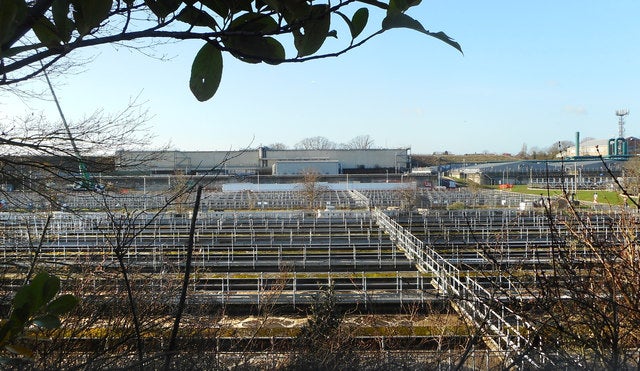
When even Ian Botham pens a column for The Telegraph with the headline “It’s time to make a great stink about the appalling state of Britain’s rivers” and proposes a temporary alliance with “eco-luvvies”, the times are a changing.
The Environment Bill is currently passing through the House of Lords and is likely to receive royal assent in autumn 2021. In the post-Brexit era, the UK government will be directly responsible for environmental legislation for the first time in decades. Professor Woodward is optimistic: “My hope is the environment bill will have real teeth and is a once in a generation chance to get a grip.”
Although it promises tighter regulation of water companies, Peter Hammond is less convinced. He is wary of some of the language in the bill and fears that “weak terms” may open up the kind of loopholes that have bedevilled the industry in the past.
Campaign groups point out that new legislation should not be necessary and that what we already have on the statute book is perfectly adequate if it is properly enforced.
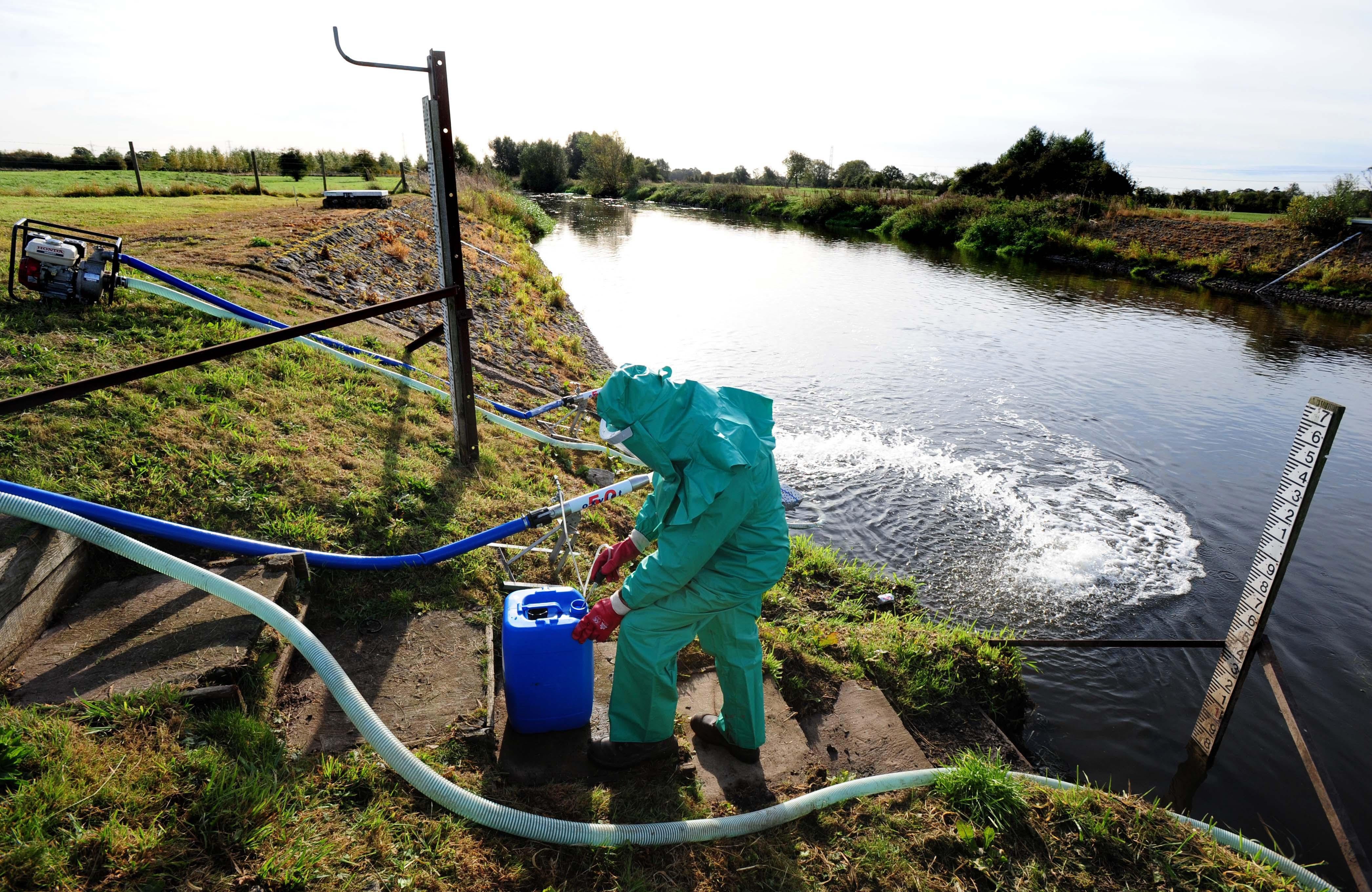
They point out that there seems to be an absence of political will to take on the immensely powerful and profitable water companies. Significantly, the UK government was prosecuted by the European Court of Justice in 2012 for its failure to ensure water companies complied with the Urban Waste Water Treatment Directive.
Hammond believes that “big kills” like the Environmental Agency’s criminal prosecution of Southern Water are futile because they take almost a decade to yield results. He is convinced that only real time, alarm monitoring of illegal sewage spills will make a difference and has developed a machine learning algorithm that can help water companies and regulators identify rogue water treatment centres.
Hammond believes that the most effective solution is to “make the polluter pay” by fining water companies per litre of untreated sewage discharged. Although the water companies insist fitting treatment centres with volumetric metering is too difficult, Hammond disagrees. He explained to the parliamentary committee why this simple industry-wide mechanism could make such a profound difference: “If we had volumetric measures on what is coming out we could be fining and we could move away, perhaps, from the adversarial criminal prosecution. We could be fining by the litre spilled, which would make a very big contribution to the cost of improving the situation.”

It would seem to be a logical and practicable solution; in a climate where privatised water companies answer only to their shareholders they’re unlikely to clean up their act until polluting becomes an itemised operating cost that impacts on the bottom line.
Hammond believes that consumers should be prepared to meet the water industry halfway: “If we want clean rivers we’re going to have to pay for it. Many of us pay more for broadband than we do for our water bills.” Wasp’s quest for cleaner water has clearly become a personal crusade for Peter Hammond, even stretching to taking children upstream beyond the local sewage works so that they can see unspoilt stretches of the Windrush : “Children don’t know what a good river is meant to look like.”
Now under new management, Southern Water is keen to draw a line under its criminal past pointing out that because the £90m fine was for offences committed between 2010 and 2015, its failures can safely be regarded as “historic”. Ian McAuley took over as CEO in 2017 and earns a salary in the region of £1m a year recently augmented by a bonus of £550,900. Meanwhile, Southern Water is still discharging sewage into the sea.




Join our commenting forum
Join thought-provoking conversations, follow other Independent readers and see their replies
Comments